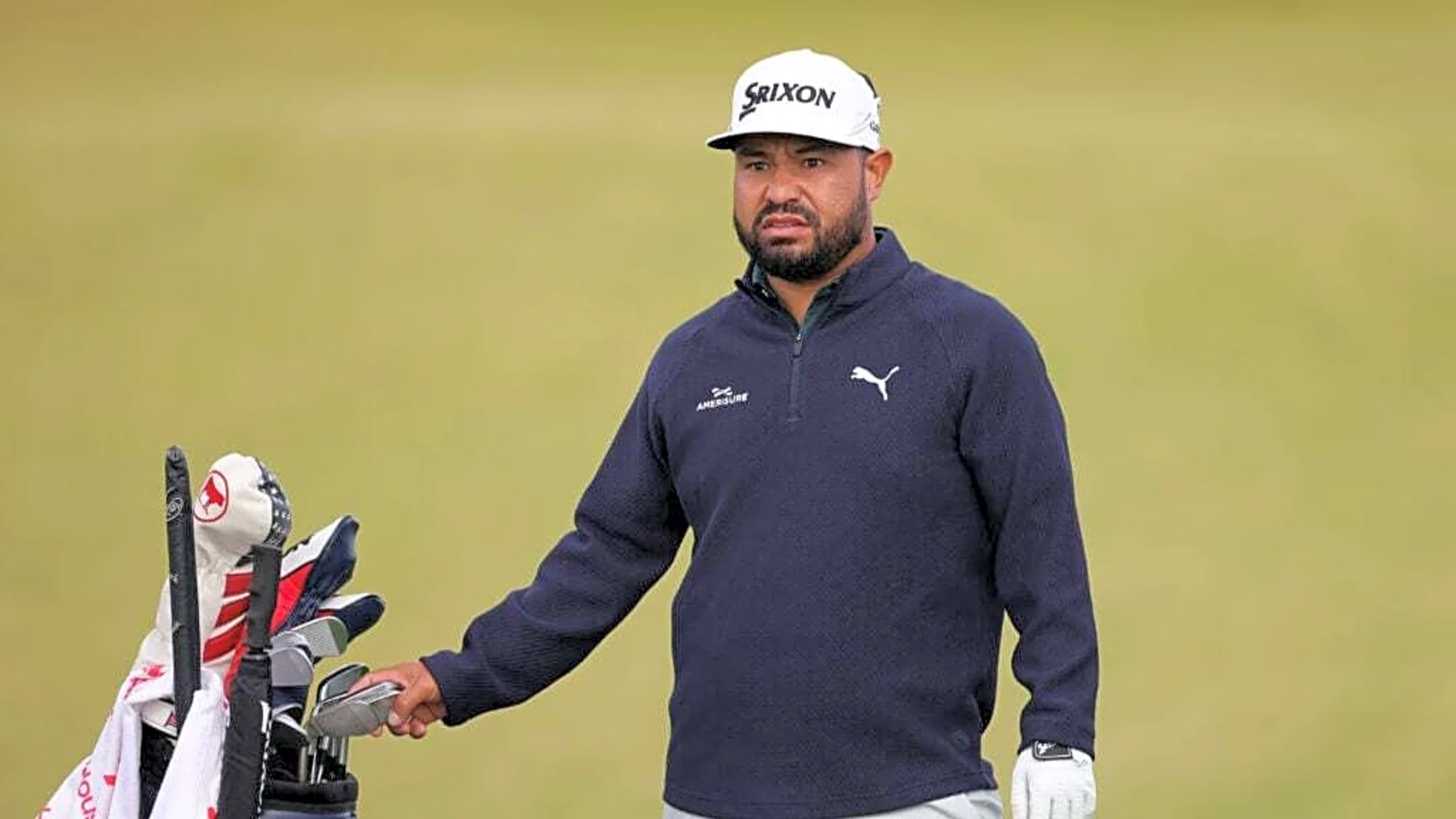Copyright postcourier

BEIJING: Relations between China and the Republic of Korea (ROK) have shown steady improvement in recent months, as high-level exchanges, economic cooperation and people-to-people interactions continue to deepen. Ahead of the APEC meeting in Gyeongju, diplomatic communication between the two countries has notably intensified. On September 17, ROK Foreign Minister Cho Hyun paid his first official visit to China, affirming Seoul’s willingness to “further enhance high-level exchanges, deepen cooperation in economy, trade, and cultural exchange, and accelerate negotiations on the China-ROK and China-Japan-ROK free trade agreements.” Less than a month later, on October 7, Chinese Foreign Minister Wang Yi held a phone conversation with Cho, expressing hope that both sides would “strengthen solidarity and cooperation, uphold multilateralism and safeguard the international trade system.” With China set to host the APEC meeting in 2026, Wang and Cho agreed to coordinate and support each other in organizing and advancing APEC cooperation. This year also marks the 33rd anniversary of the establishment of diplomatic ties between China and the ROK. In a speech delivered in September, Chinese Ambassador to South Korea Dai Bing noted that the friendship between the two nations is rooted in “deep historical and cultural ties and intertwined interests.” Reflecting on his nine months as China’s ambassador to ROK, Dai said he was pleased to witness frequent and friendly high-level interactions spanning politics, economy, and culture, adding that bilateral relations are now “embracing new opportunities for improvement and development.” Strengthening friendly cooperation, he emphasized, “serves the fundamental interests of both sides and reflects the aspirations of the vast majority of people in both countries.” Echoing Dai’s remarks, Nam Jin, deputy director-general of the Northeast and Central Asian Affairs Bureau at the ROK Ministry of Foreign Affairs, stated that China–ROK relations have entered a “new stage of qualitative improvement following decades of quantitative growth.” Noting the recent positive momentum in high-level exchanges and cooperation across various fields, Nam expressed hope that the two countries would continue to deepen understanding and collaboration. Beyond political dialogue, economic cooperation remains a cornerstone of the China-ROK partnership. In 2024, bilateral trade reached $328.08 billion, with China remaining the ROK’s largest trading partner for the 21st consecutive year, while the ROK regained its position as China’s second-largest trading partner, according to data from the Chinese Foreign Ministry. The two economies are deeply intertwined across industrial and supply chains – from semiconductors to automobiles. The implementation of the China–ROK Free Trade Agreement (FTA), signed in 2015, and the Regional Comprehensive Economic Partnership (RCEP), along with ongoing negotiations on the China–Japan–ROK FTA, have further broadened opportunities for cooperation. In addition to political and economic ties, China and the ROK are also revitalizing cultural and social exchanges. Since China lifted visa requirements for ROK citizens in November last year, travel bookings from the ROK to China have surged by 125 percent year-on-year, according to Chinese online travel agency giant Ctrip.com data.



